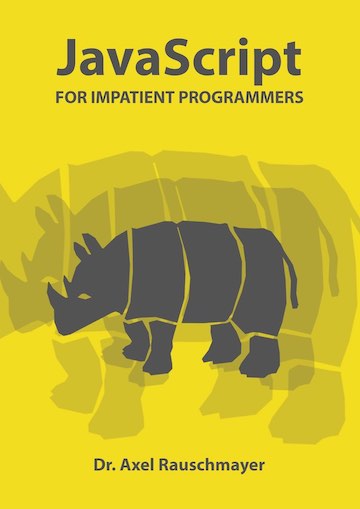Patents: Google versus Microsoft
This post describes an ongoing dispute between Google and Microsoft regarding the recently sold Nortel patents.
The dispute started after the Nortel and their patents were bought by a consortium comprising the companies Apple, EMC, Ericsson, Microsoft, Research In Motion and Sony. Google also bid for those patents, but lost. Afterwards, they wrote a blog post, complaining about an organized campaign against them. Quote:
But Android’s success has yielded something else: a hostile, organized campaign against Android by Microsoft, Oracle, Apple and other companies, waged through bogus patents.Yes Google, those grapes are awfully sour. To be sure, there are no saints in this fight. But Google did start it; they used the money from their search and ad monopoly to offer an operating system for free that other companies have no choice but to charge for. And now they are basically whining about losing the bid for Nortel. The response from Microsoft is interesting and provides additional context (via TechCrunch). It is a series of four tweets from @fxshaw:They’re doing this by banding together to acquire Novell’s old patents (the “CPTN” group including Microsoft and Apple) and Nortel’s old patents (the “Rockstar” group including Microsoft and Apple), to make sure Google didn’t get them; seeking $15 licensing fees for every Android device; attempting to make it more expensive for phone manufacturers to license Android (which we provide free of charge) than Windows Phone 7; and even suing Barnes & Noble, HTC, Motorola, and Samsung. Patents were meant to encourage innovation, but lately they are being used as a weapon to stop it.
- [2011-08-04] Hello again David Drummond. This is going to take a few tweets, so here we go. Let’s look at what Google does not dispute in their reply.
- [2011-08-04] We offered Google the opportunity to bid with us to buy the Novell patents; they said no.
- [2011-08-04] Why? BECAUSE they wanted to buy something that they could use to assert against someone else.
- [2011-08-04] SO partnering with others & reducing patent liability across industry is not something they wanted to help do
Updates 2011-08-06:
- Daring Fireball: “More on Google and Patents”. Quote:
I never said it wasn’t OK for Google to give Android away for free. What I’m saying is that it’s also OK for Microsoft to assert that Android can’t be free of charge, because it violates a bunch of Microsoft’s patents. This is exactly the intended purpose of the patent system.
Google seems to feel entitled to copy whatever it wants. Android copies the UI from the iPhone. Places copied data from Yelp. Google+ copies from Facebook. Their coupon thing is a clone of Groupon. And yet it’s Google that acts as though it has been offended when these competitors fight back.
- Ars Technica: “Google-Microsoft spat could be tiny step toward patent reform”. Quote:
Cato Institute scholar and Ars contributor Timothy B. Lee recently wrote an Ask Ars on whether patent reform is on the horizon, declaring that the immediate future looks bleak but that "the long-term outlook is somewhat better" thanks in part to the rash of bad press about software patents.
"Continued bad press will gradually shift public opinion toward greater skepticism of the patent system. And that will make both Congress and the courts more sympathetic to serious reforms," Lee wrote. "This process won't happen fast enough to affect the patent bill now making its way through Congress. But sooner or later, the patent system's flaws will become so obvious that even a member of Congress can't ignore them."




